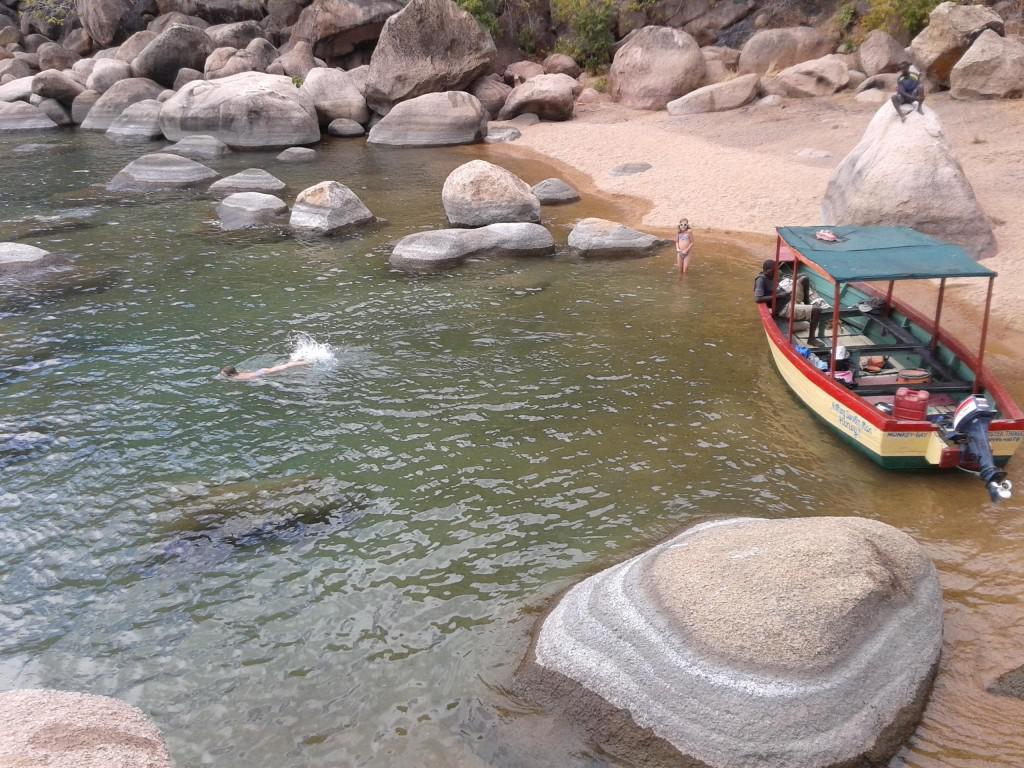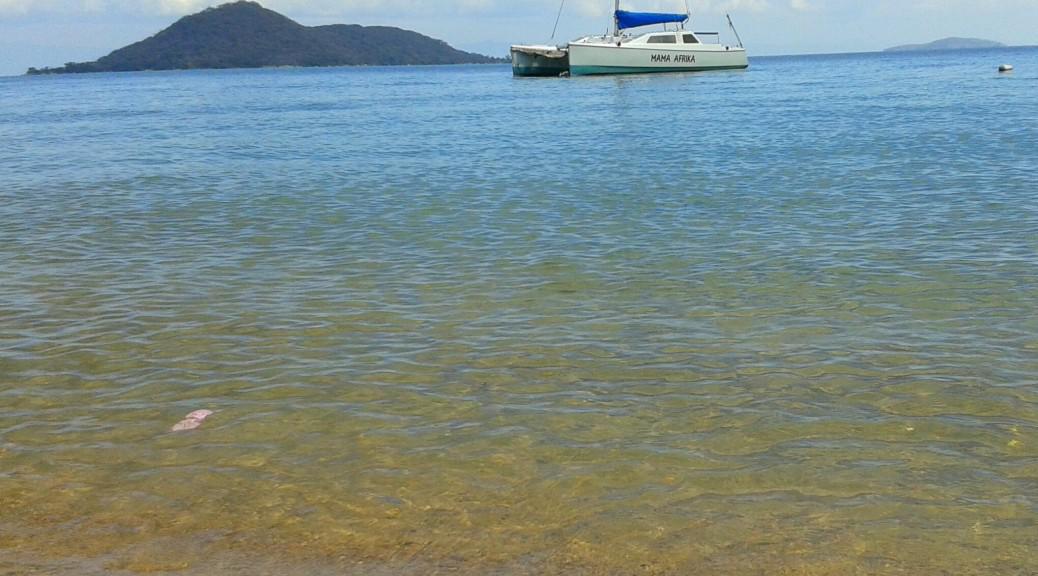For those who travel in Africa the risk of contracting bilharzia must always be considered. This is a blood fluke infection with adult male and female worms living over a life-span of many years in certain veins of the infected person. The infection is acquired from contact with water containing free-swimming larval forms of the parasites which have developed inside infected freshwater snails.
Infection occurs through penetration of your skin by free swimming larvae called cercaria. These parasites secrete enzymes that break down the skin’s protein enabling it to penetrate and spread to the lungs and onto the urinary tract or intestines.
This is a serious disease. It ranks second to malaria in terms of socio-economic and public health impact.

Prevention
The only prevention is to avoid swimming in contaminated lakes and rivers. If you are not 100% sure that a lake or river is bilharzia free, rather abstain from swimming. Unfortunately this precaution does not ensure that you won’t contract bilharzia. Even if you don’t swim in rivers and dams, some guest establishments may draw their shower water from untreated natural sources which may be contaminated.
Symptoms
Possible symptoms are abdominal pain, diarrhea, bloody stool, or blood in the urine. If left untreated this infection can lead to liver damage, kidney failure, infertility or bladder cancer. In children it may cause poor growth and learning difficulties. Note that you can be infected for a long time without showing any symptoms. Meanwhile the worms are feeding on your red cells, multiplying and invading further organs.
Treatment
Even if you don’t show any symptoms of bilharzia it is best to get tested for bilharzia infection about 3 months after you return home.
The medication used to treat schistosomiasis (also known as bilharzia, snail fever, and Katayama fever) is called praziquantel. Praziquantel works by first paralysing the worms and then dissolving their outer casing, killing them. A single dose of praziquantel is usually sufficient, but sometimes a longer course is needed.
The side effects of praziquantel are usually mild and include nausea, vomiting and bdominal pain. Treatment with praziquantel is usually delayed until three months after infection as this is when it is most effective.
A prescription is required for this drug in South Africa but in some African countries not. Some waterside resorts may even carry stock.

